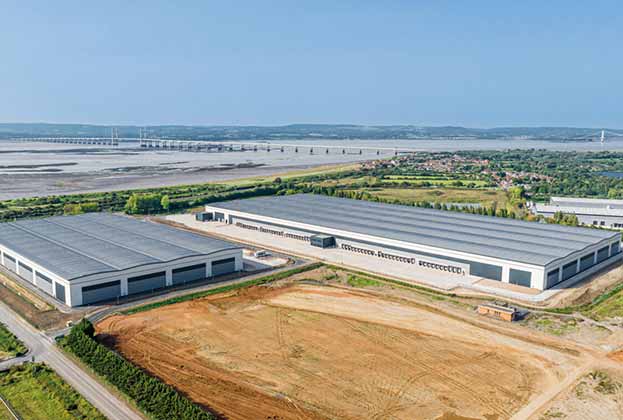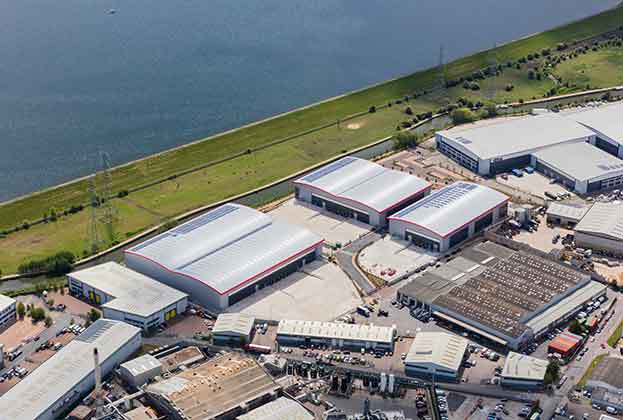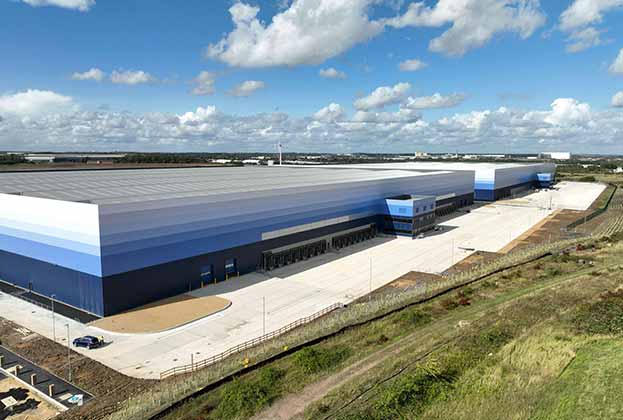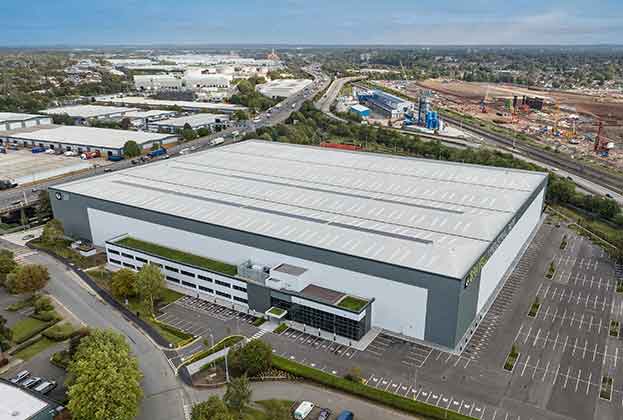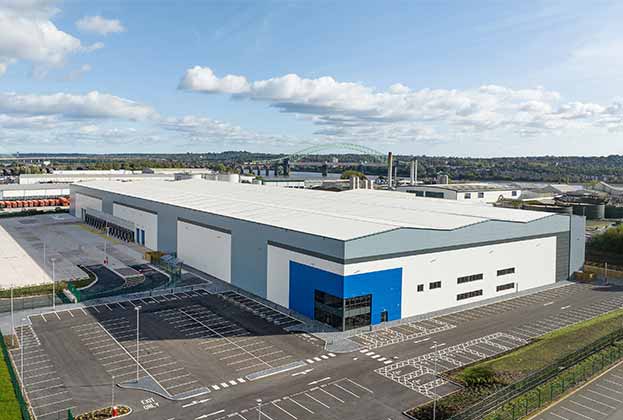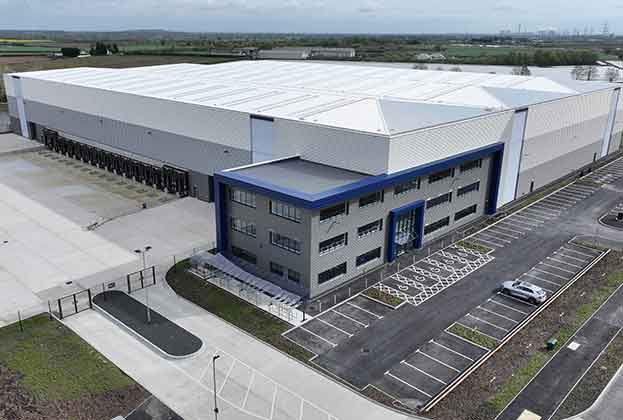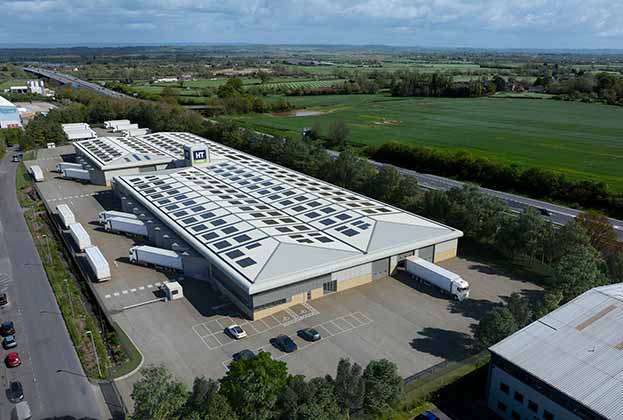In an effort to boost trade post-Brexit, the UK Government has plans to establish up to 10 freeports across the country, with the hope that they will act as hotbeds for innovation through fostering conditions that will attract new companies, investors and innovators. In turn, the aim is that they will help establish national hubs for global trade and investment across the UK.
A freeport is a secure customs area which can be located anywhere in the UK, but is more likely to be at or near a port, airport or inland in a strategic manufacturing area.
Varying forms of tariff flexibility and tax measures deployed by the Government should provide incentives for inward private business investment, while carefully considered planning reforms will facilitate construction.
What are the benefits?
Goods which are imported into a freeport are not subject to any import duties, taxes or import excise until they leave the area and officially enter the domestic market. If the goods are re-exported nothing is payable, freeing up cash flow.
Often the customs declaration is simplified, saving time and labour and increasing productivity. While these advantages are welcome, the main benefit is the ability to manufacture goods using untaxed components brought in from around the world. These component parts can be made into another product and then imported into the domestic market or re-exported to another market.
In both cases the finished products can be declared as being from this country and may mean they are liable for an overall reduced level of duty, which will affect price and give a competitive edge. Landlords will find it easier to attract new tenants where these operational advantages apply.
Job creation and investment origin
Boris Johnson insists freeports will drive local and national economic growth, promoting regeneration and providing thousands of high-skilled jobs in left-behind areas. The challenge will be to attract inward investment without undermining already established local businesses, which may fall outside the geographical area of a new freeport.
So does a freeport need to be geographically confined? Could it include several locations within a region? Could it apply to specific industries or zones?
Essentially, with no fixed plan, the Government is open to ideas. The consultation paper it has put together has 68 separate questions which cover a range of topics including customs, wider tax issues, planning, regeneration, innovation ideas and governance. It is an opportunity to propose what criteria should be used to judge applications for freeport status.
Following the consultation deadline
With the deadline for responses to the consultation now closed, the policy will soon start to take shape. While the next stage to apply for freeport status will be complex, it should, with the right advice, be plain sailing from there.
Further information
Read more: Savills Spotlight: Big Shed Briefing
(1).jpg)
.jpg)

.jpg)
